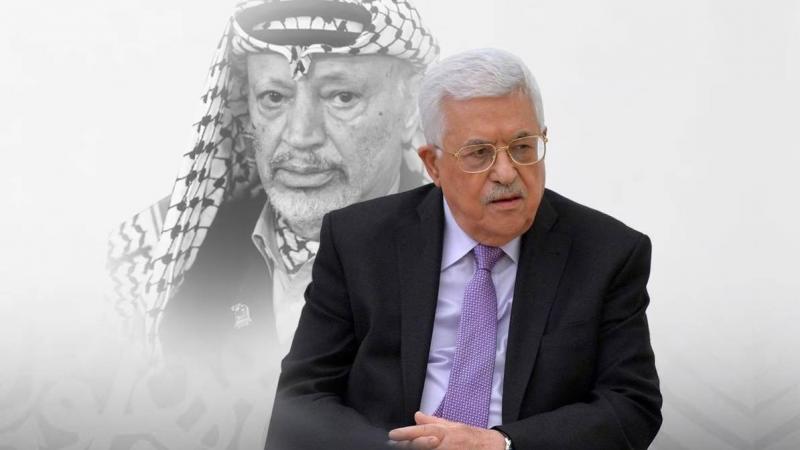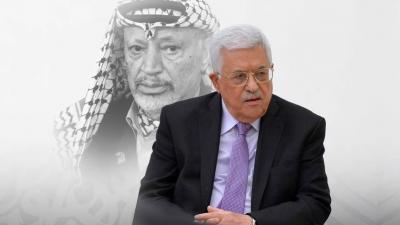There is widespread talk in Palestine about a government change that begins with the resignation of Dr. Mohammad Shtayyeh and the assignment of the task to Dr. Mohammad Mustafa, head of the Investment Fund. In all cases of the Prime Ministers who have taken office since the establishment of the Authority, the Prime Minister is appointed by the president of the Authority, said to be by his decision, which has entrenched a situation that is difficult to get rid of: the Prime Minister is essentially an employee of the person who appointed him and receives instructions from him. The Palestinian government change will, in reality, merely respond to an American international demand, generally titled "Reform of the Authority," with another less pronounced title: "Limiting the President's Powers" to be symbolic, by transferring actual powers to the Prime Minister.
This kind of change will not succeed, as President Abbas is not willing to concede his powers, nor is the newly appointed Prime Minister inclined to differ with him, especially if he is merely a technical expert with no connection to politics and its complexities. The government that would have marked a precedent was called the "Fatah Government" simply because its head was a member of the movement's Central Committee, even though a large part of "Fatah" does not consider it their government, which was one of the main factors of its weakness and inability to cultivate reasonable public support for itself and its decisions.
The previous governments, whose heads were not from the Fatah family tree, operated within limited margins, all failing to exceed four percent in opinion polls, not due to the political affiliation of their heads but because their anticipated achievements were extremely limited and superficial. The Palestinians have no say in who comes and goes; as long as the Prime Minister is merely a bureaucratic appointment responding to an international request, the public that the government is supposed to manage will continue to be indifferent to it, unless it imposes its presence through achievements, which appears difficult, if not impossible, given that both the Prime Minister and his ministers lack electoral legitimacy, and as long as Israel raises and lowers ceilings according to its needs and requirements.
Since the beginning of the Authority’s era, many governments have been formed; Yasser Arafat headed some, and others were led by different figures. The first to open the door for a government not headed by Arafat was Abu Mazen, whose government was formed after a difficult labor, and Arafat could not tolerate anyone else sharing power at the top, as was the case at the pinnacle of the organization. However, intensive international pressure, nearing the threshold of a direct threat to stop funding the Authority, forced Arafat to adapt, but not comply.
Due to his effective power and the government’s functionally separate authority from him, and the stagnation of the political process orchestrated by Ariel Sharon at the time, the Abbas government lasted less than four months, marking the end of the idea of a government sharing power with the president. Arafat was absent from the scene by moving on to the afterlife, and Abbas followed him according to the familial hierarchy of "Fatah," "the organization," and "Oslo." Just as Arafat constrained Abbas’s government, making it resign due to its inability to take off, Abbas employed the same approach with the governments he dealt with, treating them as a device subordinate to his office, while not allowing the Prime Minister to thread a needle without his approval. This occurred with all the Prime Ministers chosen by Abbas, and the most they could do to show their independence was to resign. This was seen with the most famous Prime Minister, described as a reformer and developer, Dr. Salam Fayyad.
As long as President Abbas is alive, he is the one who makes decisions and provides the only legitimate cover for any Prime Minister he appoints, thus responding to international requests to reform the Authority by changing names without changing the approach.




